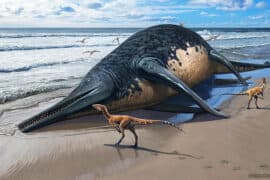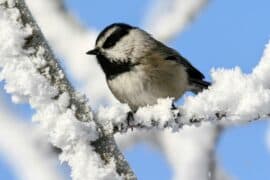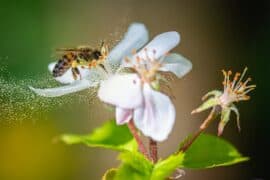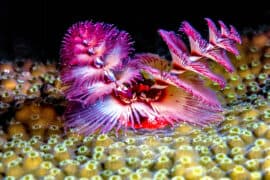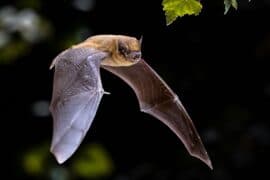Muskrat
(Ondatra zibethicus)
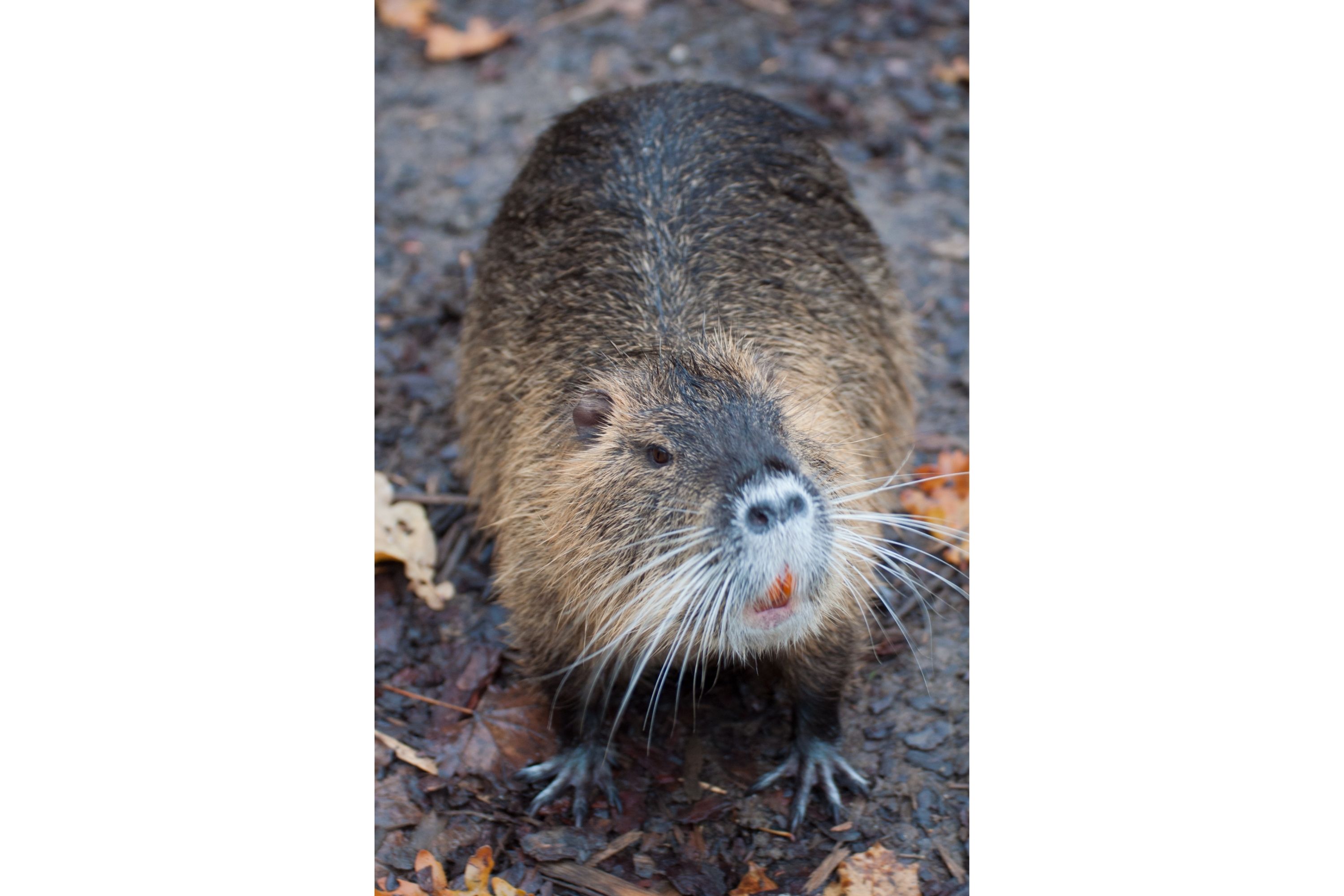
Description
The muskrat (Ondatra zibethicus) is a medium-sized semiaquatic rodent native to North America and an introduced species in parts of Europe, Asia, and South America. The muskrat is found in wetlands over a wide range of climates and habitats. It has important effects on the ecology of wetlands, and is a resource of food and fur for humans. Muskrats are covered with short, thick fur, which is medium to dark brown or black in color, with the belly a bit lighter (countershaded); as the animal ages, it turns partly gray. The fur has two layers, which provides protection from cold water. They have long tails covered with scales rather than hair. To aid in swimming, their tails are slightly flattened vertically, a shape that is unique to them. When they walk on land, their tails drag on the ground, which makes their tracks easy to recognize. Muskrats spend most of their time in water and are well suited to their semiaquatic life. They can swim underwater for 12 to 17 minutes. Their bodies, like those of seals and whales, are less sensitive to the buildup of carbon dioxide than those of most other mammals. They can close off their ears to keep water out. Their hind feet are webbed and are their main means of propulsion. Their tail functions as a rudder, controlling the direction they swim in. Muskrats are found over most of Canada and the United States and a small part of northern Mexico. They were introduced to Europe in the beginning of the 20th century and have become an invasive species in northwestern Europe. They mostly inhabit wetlands, areas in or near saline and freshwater wetlands, rivers, lakes, or ponds. They are not found in Florida, where the round-tailed muskrat, or Florida water rat (Neofiber alleni), fills their ecological niche. Their populations naturally cycle; in areas where they become abundant, they are capable of removing much of the vegetation in wetlands. They are thought to play a major role in determining the vegetation of prairie wetlands in particular. They also selectively remove preferred plant species, thereby changing the abundance of plant species in many kinds of wetlands. Species commonly eaten include cattail and yellow water lily. Alligators are thought to be an important natural predator, and the absence of muskrats from Florida may in part be the result of alligator predation.
Taxonomic tree:

